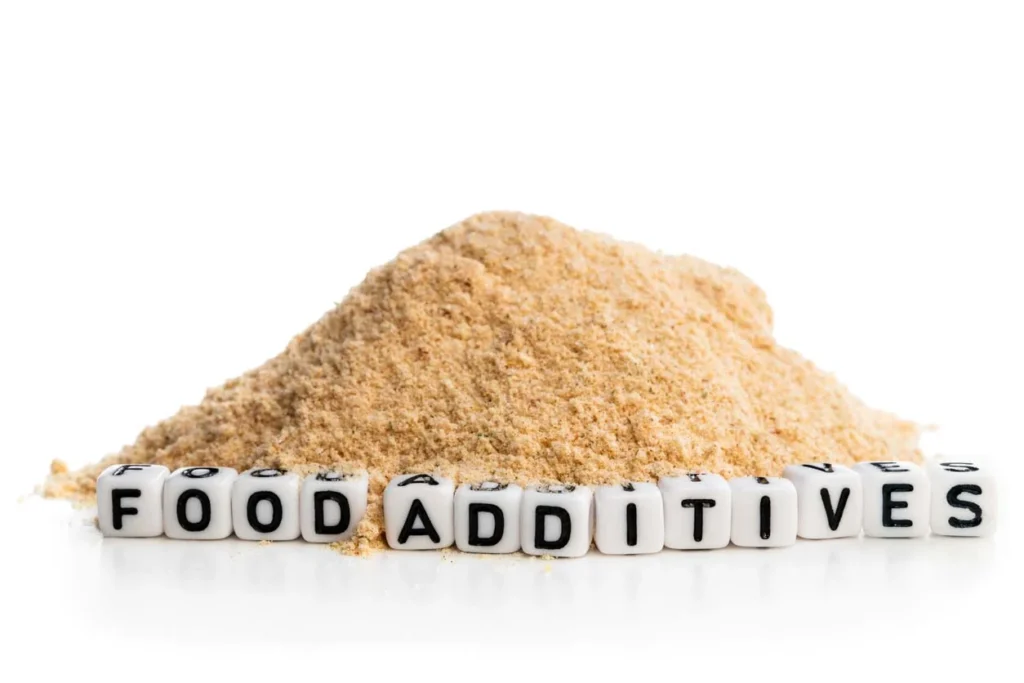Did you know that there are over 3,000 food additives approved for use? That’s a lot of additives! In this blog post, we will discuss what food additives are, and what you need to know about them. We will also provide tips on how to avoid harmful additives in your food. Stay safe and healthy!
What are food additives?
Food additives are substances that are added to food to improve its flavor, texture, or appearance. Some common examples of food additives include salt, sugar, spices, and colorings. Additives can also be used to preserve food or prevent it from spoiling.
While some food additives are safe for consumption, others may be harmful to your health. For example, some food additives have been linked to cancer, birth defects, and other health problems. It is important to be aware of the potential risks of consuming food additives before you eat them.
Which is harmless and which is potentially harmful?

Some food additives, like coloring agents, are used to improve the appearance of food. These additives are generally considered to be safe, although there is always the potential for allergic reactions in some people.

Other food additives, like preservatives, are used to extend the shelf life of food. These additives can be more controversial, as some preservatives have been linked to health problems. However, overall, preservatives are considered to be safe when used in small amounts.
Overall, it is important to pay attention to the type of additive and its purpose before making a judgment about its safety. With coloring agents and preservatives, there is generally no reason to worry about their safety unless you have an allergy or other sensitivity. However, it is always a good idea to check with your doctor if you have any concerns.
How can I avoid harmful additives in my food?
- Choose whole, unprocessed foods
By choosing whole, unprocessed foods, you can avoid these harmful additives and give your body the nutrients it needs to function properly.
In addition, unprocessed foods tend to be more filling than their processed counterparts, so you’re less likely to overeat. However, it’s important to remember that even healthy foods can be unhealthy if you eat too much of them.
- Eat organic foods

By definition, organic foods are not allowed to contain any synthetic ingredients, including additives. In addition, organic farmers are prohibited from using genetically modified organisms (GMOs), pesticides, and other potentially harmful chemicals.
As a result, organic food is often seen as a safer and healthier option. Of course, organic food can be more expensive than conventionally produced food, but for many people, peace of mind is worth the extra cost.
- Cook at home with fresh ingredients
Another way to avoid harmful additives in your diet is to cook at home using fresh, whole ingredients. This way, you can be sure of what is going into your food and how it is being prepared.
When you eat out, you have no way of knowing what kind of ingredients are being used or how they have been treated. By cooking at home, you can choose healthy, natural ingredients that are free of harmful chemicals.
- Educate yourself

The best way is to educate yourself on the different types of food additives and what they do. Read labels carefully, and work to limit your intake of processed foods.
By learning more about food additives, you can make sure that you are avoiding those that may be harmful and choosing those that will benefit your health.
Conclusion
So, generally speaking, coloring like carmine color can be safe as food additives if you don’t take it too much, but when it comes to other additives like preservatives, you should be more careful. It is important to be aware of these risks and take steps to protect yourself and your family. The best way is to educate yourself and cook yourself. Thanks for reading!



